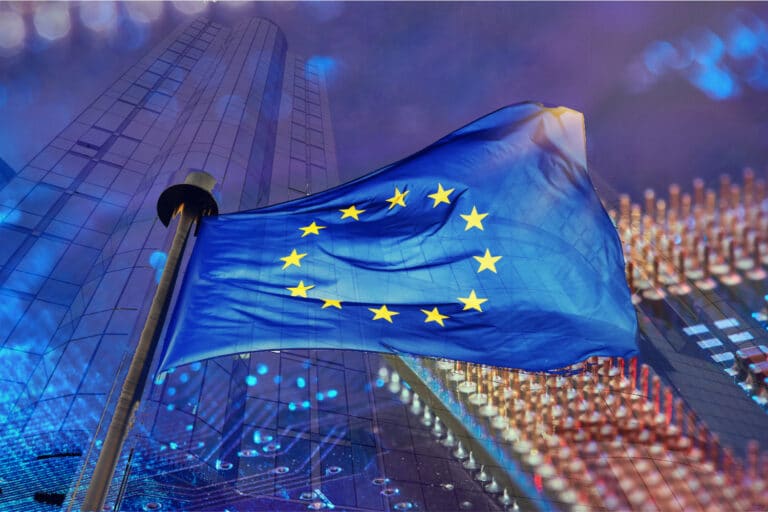Five major telco groups say the EU could forfeit its place at the head of the 5G deployment wave
Earlier this year, Deutsche Telekom, Orange, Telefonica, TIM, and Vodafone signed a memorandum of understanding (MoU) outlining their commitment to create a framework for the creation of a European Open RAN ecosystem. Now they are warning that Europe could lose its leadership in the development or OpenRAN technology.
They say that EU policymakers must take urgent action to bridge the gap with global competitors.
The market for Radio Access Networks (RAN) has traditionally been dominated by a few major players worldwide. These companies offer highly integrated cell sites comprising radio, hardware, and software. This comprehensive offering model has made it difficult for operators to mix and match innovations. This in turn has created a serious barrier to entry for smaller vendors.
OpenRAN is a vendor-neutral approach with standardised designs. This allows a variety of firms to supply hardware and software. Operators believe this vendor diversity can increase innovation and reduce costs. It will also reduce dependency on the ‘big three’ telcos, namely Ericsson, Huawei, and Nokia.
Analyst’s report highlights Europe’s faltering in the OpenRAN race
A new report from Analysys Mason warns that Europe has just 13 major OpenRAN players compared to 57 in the rest of the world. Moreover, many of these European players are at the early stage of their development are yet to secure commercial contracts.
The report also says that European vendors are not present in all six major technology and service categories that comprise the OpenRAN ecosystem, most notably cloud hardware. In other areas, such as chips, they are outnumbered by manufacturers from other regions.
“Policy in the US and Japan, among other countries, already strongly backs OpenRAN,” said Caroline Gabriel, Research Director at Analysys Mason. “The US has earmarked more than $1.5 bn to fund OpenRAN, and Japan offers financial incentives and tax benefits for companies which develop, supply, and deploy related equipment.
The five major European telco groups (Deutsche Telekom, Orange, Telefonica, TIM, and Vodafone ) hope to encourage support from European governments and the EU. Specifically, they want governments to help fund developments R&D and testing and to incentivise supply chain diversity by lowering the barriers to entry.
The telcos believe these goals align with wider policy ambitions of European governments and therefore there is a common interest in cooperation that will yield further economic and regulatory support.
Should the situation not be rectified by 2026, analysts warn that Europe risks forfeiting the economic and strategic benefits of OpenRAN because operators will have to look elsewhere for equipment and software.
